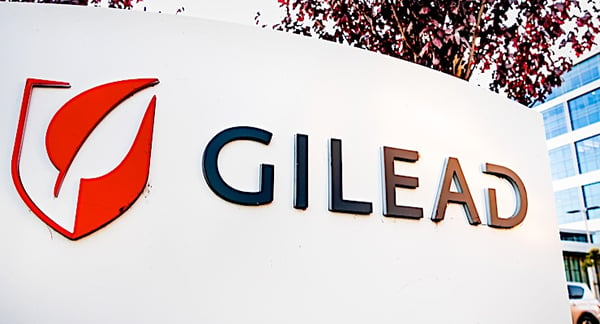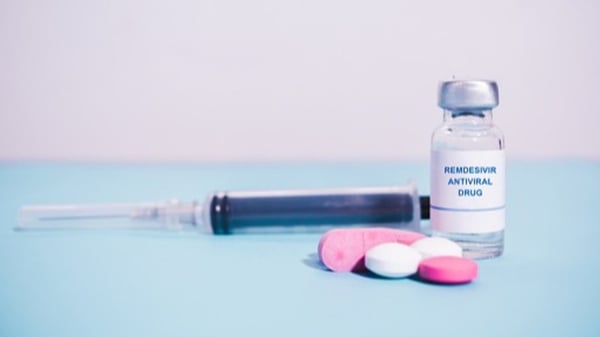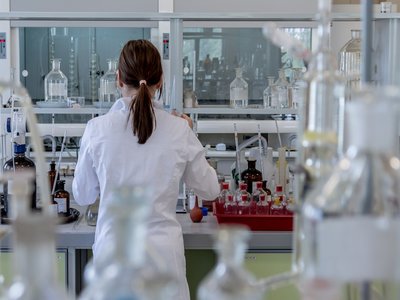During these past few months, the push to discover effective treatments and vaccines against COVID-19 has largely overshadowed another vitally important aspect of drug development: drug pricing. Let’s take a look at a recent example from pharma giant Gilead, who recently announced the pricing for its promising COVID-19 treatment remdesivir.
For some initial background on remdesivir itself, feel free to check out one of our past blogs that details the various treatments and vaccines against COVID-19 and their varying stages of development.

A few weeks ago on June 29th, 2020, Gilead CEO Daniel O’Day penned an open letter that officially announced the pricing for remdesivir. Also included was some explanation of the reasoning behind the prices chosen. To governments in “developed countries”, O’Day states that remdesivir will be priced at $390 per vial, with a typical treatment length requiring six vials for a total cost of $2,340 per patient. In the U.S., the price for private insurance companies will be $520 which equates to a total cost of $3,120 per patient.
O’Day states in the letter that, under normal circumstances, Gilead’s drug pricing is based on the “value” it provides. He uses the example of U.S. hospitals, who would save “approximately $12,000” per patient if patients are discharged earlier. Thus, Gilead’s pricing of remdesivir would appear to be well-below that of the expected “value” that it provides. In the words of O’Day himself, the reason for the pricing is due to an intent to “remove the need for country by country negotiations on price” which he believes will provide “immediate net savings for healthcare systems”.
To take it another step further than O’Day, who likely had to keep his press announcement brief, the example of savings to U.S. hospitals is one of many aspects of the aggregate “value” that the drug can provide (if it is truly effective). This is yet another reason as to why it has always been a rather fuzzy and unclear task to price drugs, let alone during a global pandemic. Consider the greater societal benefit in addition to the individual patient. When patients undergo treatment and become less infectious, they then return to their communities and their jobs in a shorter amount of time. Beneficial societal externalities create a value that is difficult to precisely quantify. Sensibly, however, it is a positive externality on society when individuals infected with the novel coronavirus are able to shorten the duration of the disease by receiving an effective treatment.

Other pharmaceutical companies with treatments in the pipeline are therefore closely following developments in regards to pricing remdesivir. In the end, for pharmaceutical companies and as with most industries, it boils down to their return on investment. Craig Garthwaite, a health care program director from Northwestern University’s Kellogg School of Management, recently told NPR, “What [other pharma companies] are really looking at is, what is the payoff that they get on their investment?” After all, research and development costs are usually enormous, and are only further antagonized by the global pandemic. Prior to their officially announced pricing, Gilead had been utilizing a donation-based distribution, having donated around 940,000 doses to the federal government.
Stay up to date and check out our previous COVID-19 related blogs below:
- A Closer Look at COVID-19 Vaccine and Treatment Development >>
- A Closer Look at Asymptomatic COVID-19 Cases >>
- COVID-19 Detection Methods: Nucleic Acid vs. IgG/IgM Antibody Tests >>
- Screening of Characteristic Proteins and Metabolites as a Predictor for COVID-19 Severity >>



